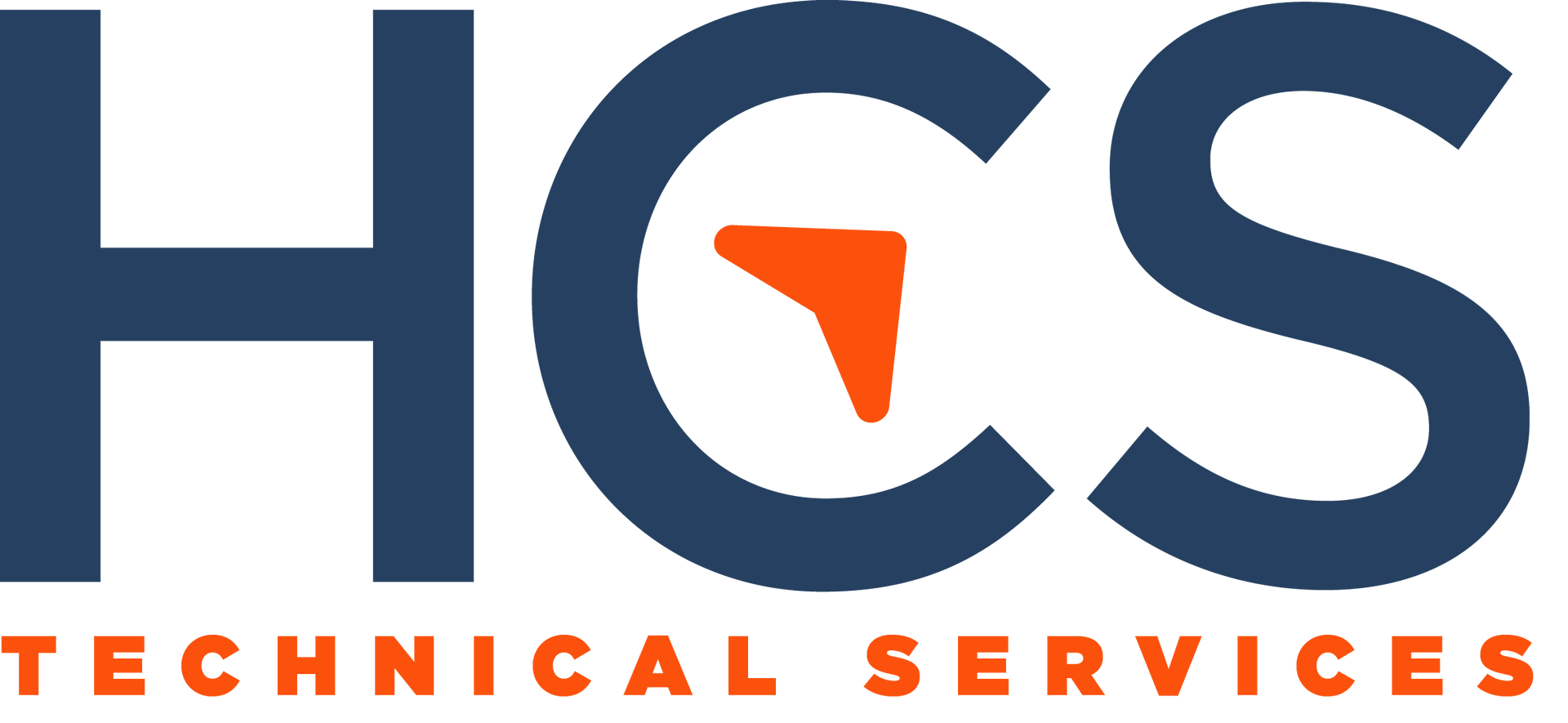How Can I Turn Data Overload into Actionable Insights for My Business?
Driving Business Growth with Data

How Can I Turn Data Overload into Actionable Insights for My Business?
In today's world, data is abundant, but wisdom is scarce. Data overload is not just an operational headache—it's an untapped goldmine of insights left unexplored. So, how can you turn the overwhelming amount of data your business collects into actionable insights that drive growth and success?
The Solution: Implement a Robust Data Analytics Platform
The key to turning data overload into data overdrive is to implement a robust data analytics platform that can organize, analyze, and interpret your data for actionable insights. By leveraging the power of data analytics, you can transform raw data into meaningful information that guides strategic decision-making and improves operational efficiency.
Actionable Tip: Choose Tools with Intuitive Dashboards and Customization Features
When selecting a data analytics platform, consider tools that offer intuitive dashboards, real-time analytics, and customization features that allow you to focus on the Key Performance Indicators (KPIs) most relevant to your business. These features will enable you to quickly access and interpret the data that matters most, without getting bogged down in irrelevant details.
The Game-Changing Benefits of Data Analytics
- Actionable Insights: A data analytics tool can transform raw data into meaningful insights, guiding strategic decisions and helping you identify new opportunities for growth and improvement.
- Improved Operational Efficiency: An organized data landscape streamlines workflows, reducing the time spent on data management and analysis, and allowing your team to focus on more high-value tasks.
- Competitive Edge: Quick access to crucial data points gives you a leg up over competitors who are still slogging through data swamps, enabling you to make faster, more informed decisions and stay ahead of the curve.
Don't Drown in Data - Turn It into a Powerful Asset
Don't drown in a deluge of data. Turn this overflowing resource into a streamlined, insightful asset that powers your business forward. By implementing a data analytics platform and leveraging the insights it provides, you can unlock the full potential of your business's data and drive success in today's data-driven world.
Get Expert Help to Tame Your Data Overload
For expert help in taming your data overload and turning it into actionable insights, consult HCS Technical Services. Their experienced team can guide you through the process of selecting and implementing the right data analytics tools for your business, ensuring that you get the most value from your data.
Data overload doesn't have to be a burden. With the right tools and strategies, you can turn it into a powerful asset that fuels your business's growth and success. Embrace the power of data analytics today and watch your business soar.
HCS Technical Services











